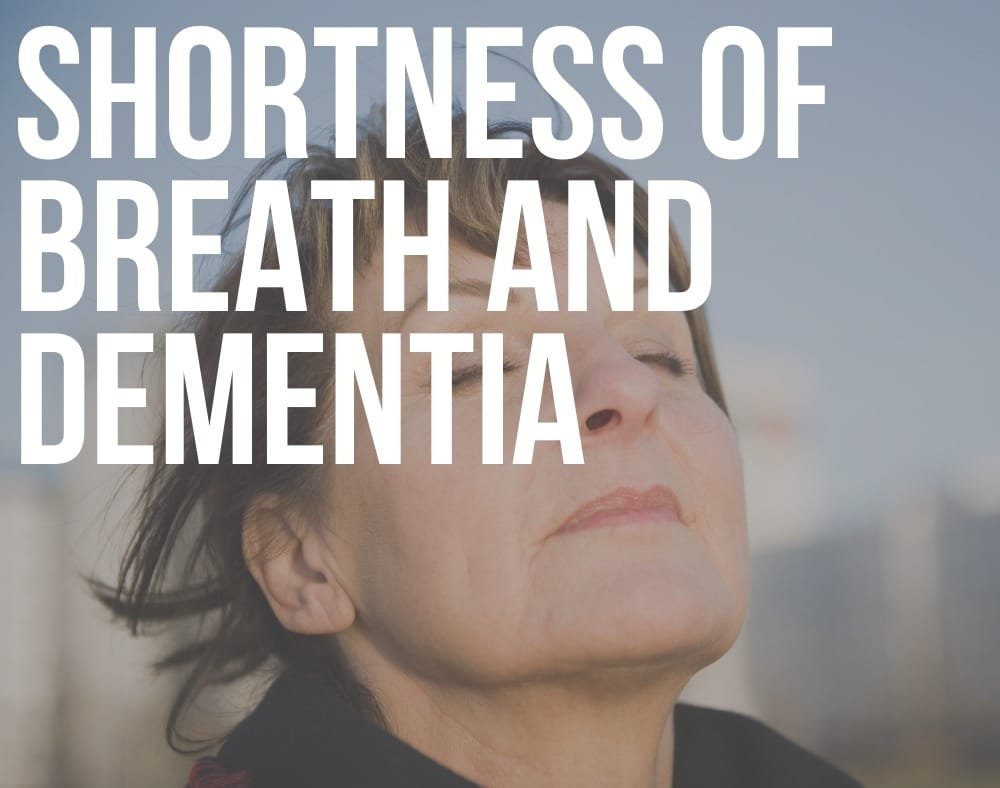If you are aware of the beginning signs of dementia, you can do a lot in regards to helping both yourself and your love ones.
Dementia is a general term that describes a decline in mental ability that ends up interfering with a person’s life. Experts link its development to the brain, losing some of its nerve cells, causing the brain to malfunction.
The severity of the illness ranges from early stages, which affect how a person functions to severe stages where an individual loses their independence.
Dementia stereotypically affects seniors who are over the age of seventy, although some younger people may also get it. There are different types of dementia, including Alzheimer’s Disease, vascular dementia, Lewy body dementia, and mixed dementia, to name a few.
To confirm that a person has dementia, doctors carry several tests to confirm the individual does not have other illnesses. Dementia medical assessment may include a physical exam, studying the medical history, and neurological examinations.
Medical practitioners will also study the symptoms a person is showcasing to help them come up with a conclusive report. Before visiting the doctor, there are some eye-brow raising signs that a person or their loved ones may notice to indicate that everything is not right.
Below you will find some of the beginning signs of dementia that might tell a person is experiencing the early stages of the illness.
Contents
- Beginning Signs Of Dementia
- 1. Memory Changes
- 2. Trouble Problem Solving and Planning
- 3. Lack of Enthusiasm for Usual Activities
- 4. Difficulties Completing Familiar Tasks At Work, At Home, Or Leisure
- 5. Disorientation to Time or Place
- 6. Problems Writing or Speaking
- 7. Visual – Spatial Difficulties
- 8. Changes in Behavior
- 9. Engaging In Purposeless Activities
- 10. Loss of Sense of Touch and Motor Skills
- 11. Paranoia and Delusions
- 12. Lack of concentration
- Closing Remarks
Beginning Signs Of Dementia
1. Memory Changes

One of the earliest sign of dementia is memory loss. This is where a person begins to forget important things that end up interfering with their day to day life.
At the onset of the disease, the affected individual may find that they are always asking for the same details over and over again. They may also have to rely more on notes that family members and loved ones write.
Many people also experience challenges remembering recent information or events.
Note that occasionally misplacing keys and remembering where you put them does not count as a memory loss issue that relates to dementia. This is because mild forgetfulness is usually a normal part of aging.
2. Trouble Problem Solving and Planning

During the early stages of dementia, it is common for individuals to make plans and not go through with them. A person may have so many ideas for the future but does not focus on any.
Someone might not even be able to follow a simple recipe that they have used several times in the past.
During this stage, it may also become increasingly difficult to focus on detailed tasks, especially the ones that involve crunching numbers.
For instance, a senior may find that they can no longer balance a checkbook correctly, manage budgets, or even keep track of bills. One might not even comprehend the numbers and signs on a calculator compared to how skilled they were before.
3. Lack of Enthusiasm for Usual Activities

Lack of interest in things that a person once loved and apathy are among the beginning signs of dementia.
You may notice that your loved one no longer cares about things like woodworking, knitting, or even meeting up with family members for get-togethers. Some will not even want to spend time with their grandkids, an activity they once treasured.
Most individuals who have dementia value seclusion and they want to stay away from other people.
It does not necessarily mean that they enjoy their company. At times, they may feel embarrassed about the changes that are starting to happen in their bodies.
4. Difficulties Completing Familiar Tasks At Work, At Home, Or Leisure
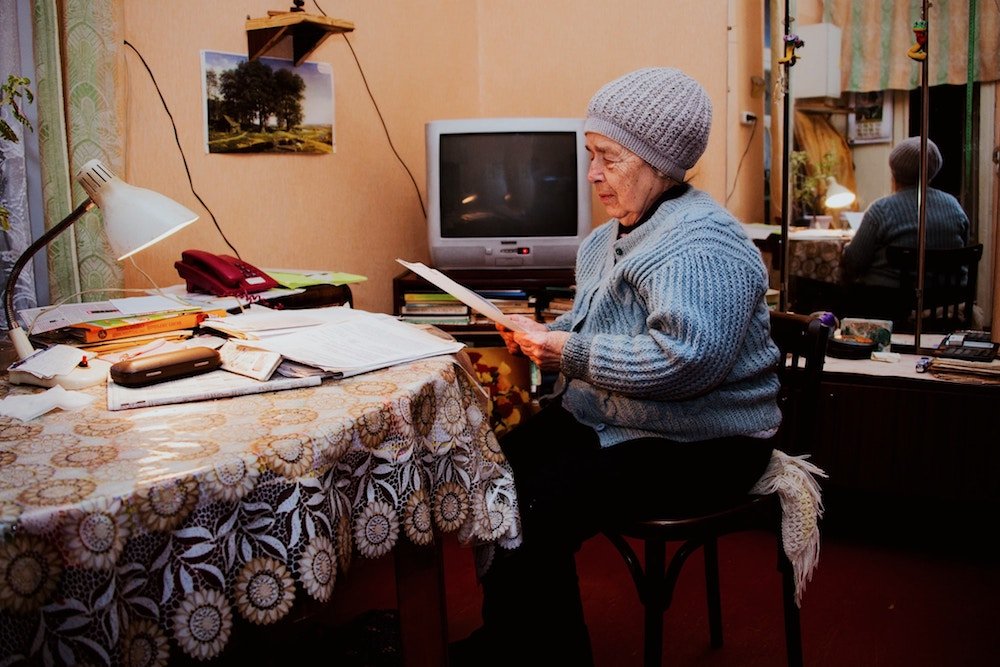
When a person finds that it is tough to finish daily tasks successfully, it may be time to see a doctor for a dementia diagnosis. This is where one might not be able to finish dressing or even make breakfast on their own.
You may find that an individual starts to get into trouble with their boss for tasks that they seamlessly handled before. One might even get into their car and have to rack their brains to drive to a familiar place.
When a person gets together with their relations to play their favorite games, they may suddenly forget all the rules.
5. Disorientation to Time or Place

When you suddenly wake up from deep sleep, it’s usually impossible to determine the location, day, and exact time right away. It is a phase of disorientation that quickly passes and you can get to know the above details.
This is what a person with dementia may experience regularly. Only that the intensity of the disorientation is typically way worse.
An individual may not be able to tell their location or why they are there. They may also not be able to figure out the current season. Some persons possibly will start believing they are much younger because they are oblivious of the passing time.
6. Problems Writing or Speaking

Communication problems are ranked among the beginning signs of dementia. A person who is at the early dementia stages may no longer enjoy holding conversations because they do not flow naturally.
People around them may find it difficult to know what they are saying because words may be strewn all over the place in a way that does not make sense.
They can instantly forget what a person they are talking to has said; hence, not know what to replay. When writing, folks with dementia may perhaps find that their pieces have issues with punctuation, spelling, and grammar.
The illness occasionally affects a person’s handwriting, making it illegible.
7. Visual – Spatial Difficulties
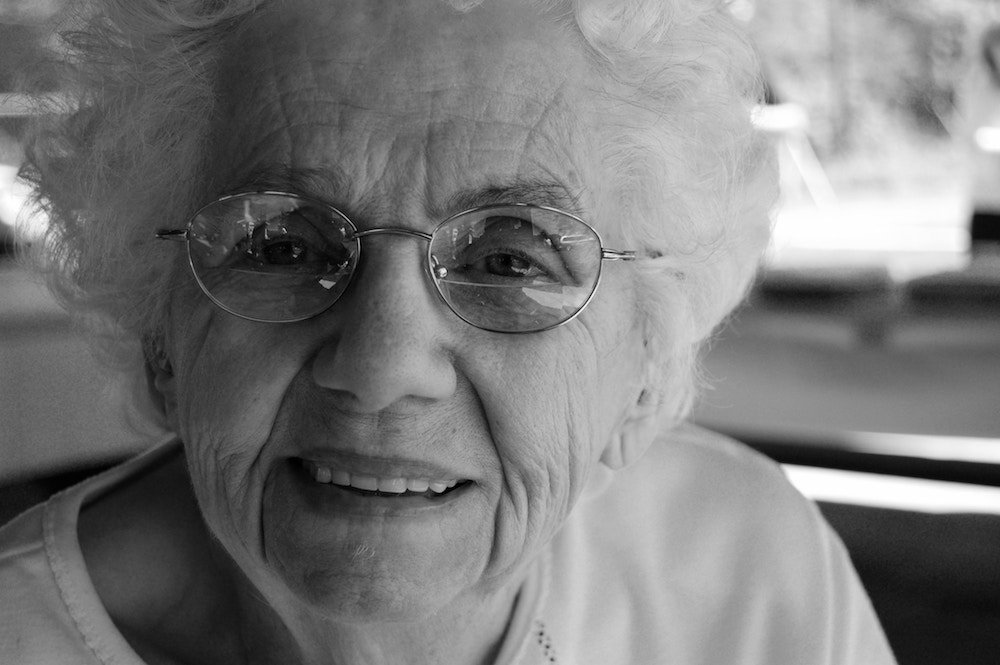
Among the signs, you should observe when you suspect that a person has dementia is if there are any visual-spatial changes. It is where the elderly face a rough time when it comes to distances and depth perception. This is a sign that mostly affects driving because the driver cannot tell the correct distances.
Recognizing familiar faces or items becomes an uphill task.
Some cannot tell colors apart.
In such instances, a person may be forced to give up some things, like navigating stairs or reading a book because they cannot interpret what they see in front of their eyes.
8. Changes in Behavior

In addition to being withdrawn and quiet, doctors might also look for changes in behavior as part of the beginning signs of dementia. An individual may go through a wide range of emotions when one second they are happy, and the next they are spewing anger and frustration.
They may, furthermore, develop anxiety and insecurity. Poor judgment can also crop up at this point.
You can observe someone putting daily items in uncommon places. For example, one might put store food in a washing machine and clothes and shoes in the refrigerator.
The person with dementia might also insist on putting on winter clothes during summer.
9. Engaging In Purposeless Activities

If your loved one starts to engage in activities with no purpose, it might be an indication that they are starting to develop dementia.
Some of the things that people may do include packing and unpacking clothes, opening drawers without getting or putting anything and shutting them repeatedly, pacing and getting in and out of a door, among many others.
People who do not understand dementia might think that the person has lost their mind.
Experts explain that persons with dementia will act this way so that they can fulfill a need to be busy or do something productive with their time.
10. Loss of Sense of Touch and Motor Skills
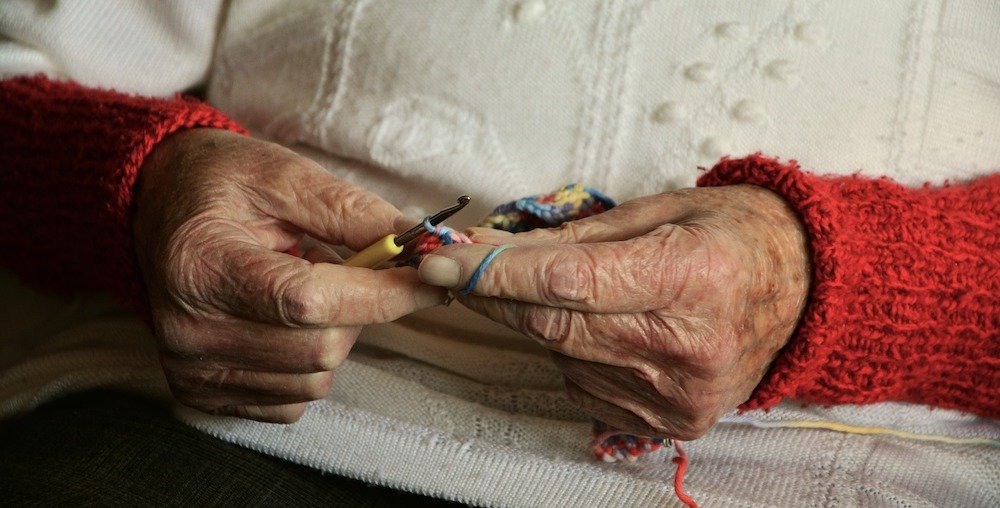
Many people who develop dementia experience a loss of motor skills. Moreover, a sense of touch is among the beginning signs of dementia.
When it comes to fine motor skills, it is not rare to see a person’s hand trembling in that they cannot do easy tasks like buttoning a shirt or combing hair.
An individual with this progressive illness may also have a difficult time at the dining table because they cannot properly use cutlery.
Note that motor problems may also be an indication of another medical condition such as Parkinson’s disease. It is; therefore, essential to consult an expert doctor to know the illness this symptom is associated with.
11. Paranoia and Delusions

Most people with dementia will experience delusions and paranoia at a later stage.
A small percentage, however, will experience this at the early stage of the illness. The individuals may at first have some suspicions that someone is taking their items or misinterpret the things they hear or see misinterpret.
This can fast graduate to the individual firmly believing that a person is trying to hurt or even kill them.
Additionally, they may also experience hallucinations or hearing, tasting, or smelling non-existent things.
For example, a person might start to hear voices or see the face of a person they have not seen in a while.
12. Lack of concentration
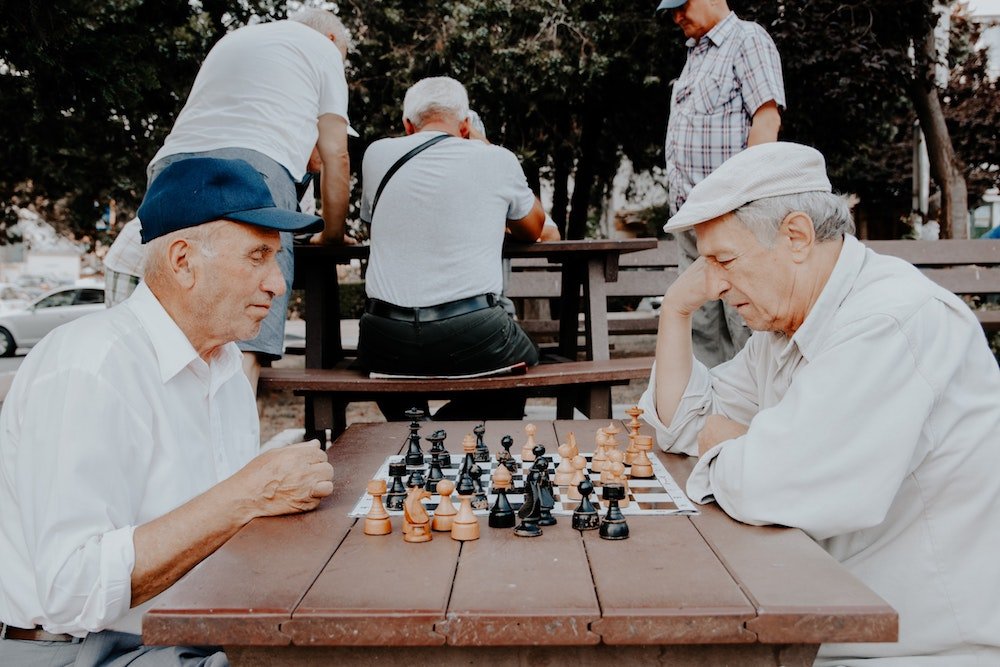
It is widespread that a person with dementia starts to lack concentration. However, while older people begin to have a decrease in concentration naturally, it does not immediately mean they have dementia.
It is important to observe them over the course of several days, even a week or two, before making any decisions. That said, if you notice that their difficulty with concentration becomes troublesome, you should take them to the doctor or specialist as soon as possible.
The older adult begins to have evident issues with staying focused on a particular task, heck, even memorizing names and other information.
Closing Remarks
It is important to understand that dementia is progressive. This implies that the above symptoms may get worse while new ones may also crop up in later stages. At the onset of the disease, a person may still be independently requiring minimal supervision as they go about their daily life.
As time passes a person with dementia may find that they become increasingly dependent on caregivers.
Worth noting is that dementia does not affect everyone in a similar way. Each person has their unique experiences depending on factors like the type of dementia they have, the support they receive, environment, and personality.



![Helping Alzheimer’s Patients Sleep [Solutions] Helping Alzheimer's Patients Sleep Easily](https://readementia.com/wp-content/uploads/2023/08/Helping-Alzheimers-Patients-Sleep-230x183.jpg)

